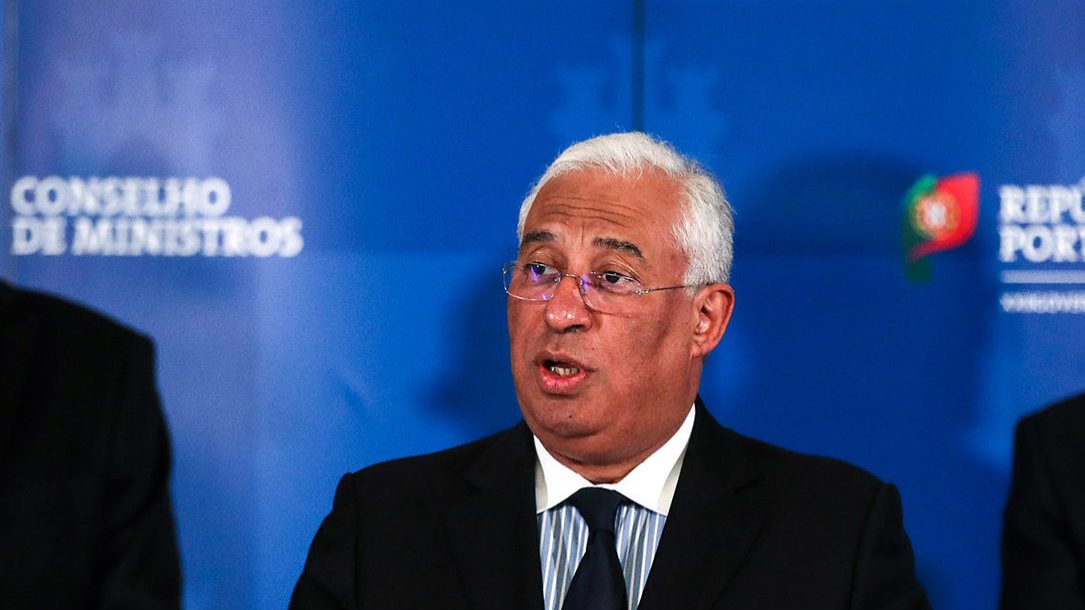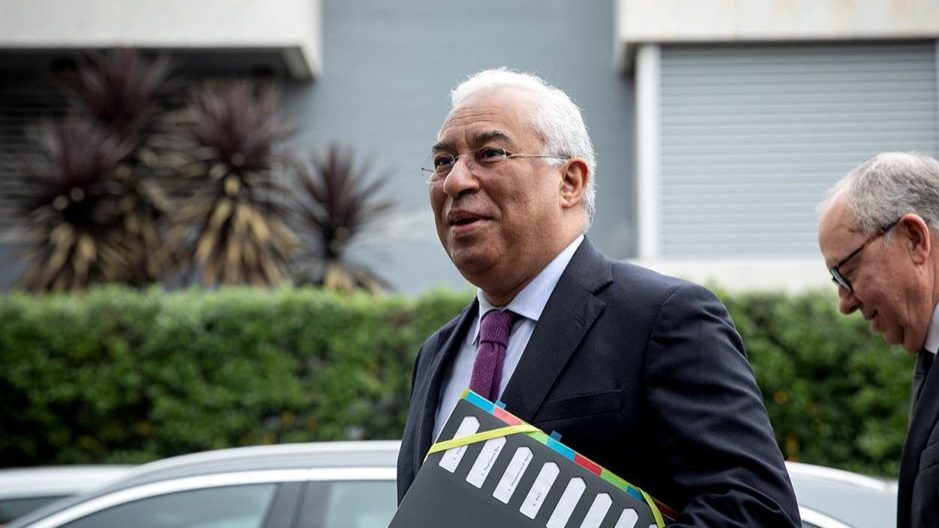European ‘bazooka’ brings over €45B to Portugal
The EU recovery package combines the multiannual budget for 2021-2027 of €1.07 trillion and the 'NextGenerationEU Recovery Fund' of €750 billion.
To tackle the deepest crisis since World War II, the EU has equipped itself with a new ‘Marshall Plan’, a recovery package of €1.8 trillion, with more than €45 billion allocated to Portugal.
This package combines the multiannual budget for 2021-2027 of €1.07 trillion and the ‘NextGenerationEU Recovery Fund’ of €750 billion.
The adoption of this financial ‘bazooka’ – as it became known after Portugal’s Prime Minister António Costa had made a vow in full negotiations that the EU should equip itself with this weapon rather than a ‘slingshot’ – is all the more significant as the Recovery Fund is financed by common debt contracted by the European Commission on the markets on behalf of the 27, and more than half of the sum (€390 billion) is earmarked for the member states as non-repayable loans.
However, the road to this ‘bazooka’, which before the pandemic was unthinkable given the strong resistance of several member states to joint debt issuance and subsidies, was winding, and the final agreement was only closed this month when the 27 overcame the last obstacle on the road: the veto of Hungary and Poland on the mechanism that makes access to EU funds conditional on respect for the rule of law.
It was in July, after a four-night, five-day marathon negotiation, in what became the second-longest summit in EU history, that the heads of state and government of the 27 reached a compromise on the recovery package.
The long negotiation marathon was largely due to the concerted position of four self-appointed ‘frugal’ member states – the Netherlands, Austria, Sweden and Denmark – who were opposed to a more ambitious long-term budget and also advocated some conditions for access to funds, including the question of respect for the rule of law.
For Portugal, €30 billion of the budget has been earmarked for the next seven years, plus €15.3 billion in grants, with the possibility for the country to borrow more if it so wishes.
The creation of social responses, with investment in the country’s national health service (SNS) and housing, and the promotion of employment through more investment and skills are the Portuguese government’s priorities for the fund.
According to the first draft delivered in Brussels, the areas of social vulnerability and productive potential and employment are those to which the executive will allocate more community funds, totalling €5.6 billion (respectively €3.1 billion and €2.5 billion).
After some 10 weeks of intensive negotiations with the European Parliament, which was dissatisfied with the low ambition of the Multiannual Financial Framework for the next seven years, the Council reached an agreement in principle with the assembly in early November, agreeing to increase the financial envelopes of the budget by some €16 billion and already after the parties had agreed on the general conditionality regime to respect the rule of law.
The process then seemed to be finally well on track to move on to the ratification phase, so that EU funds could start flowing as early as the beginning of 2021, but as recently as November Budapest and Warsaw delivered on their ‘promise’ to veto the package, leaving Europe in a new stalemate less than a month and a half from the end of the year.
On December 10, at a summit in Brussels, the impasse was finally overcome, with clarifications on the use of the rule of law mechanism reassuring Hungary and Poland, allowing for the final adoption of the package, which took place in the following days.
With the multiannual budget already ‘green light’ to enter into force on 1 January, the Recovery Fund will, however, only become operational after a few more legislative procedures have been complied with, and the approval of the national recovery and resilience plans that each Member State must draw up and negotiate with Brussels is still required, with Portugal being among the first to do so.
The presidency of the European Union, which Portugal will assume as from January 1, will be responsible for approving the rules and managing the ratification process by the national parliaments.
Portugal’s foreign minister, Augusto Santos Silva, said the aim is to reach the end of June with the Multiannual Financial Framework (MFF – the EU’s budget for 2021-2027), all the regulations approved and each country’s national recovery programmes launched.


